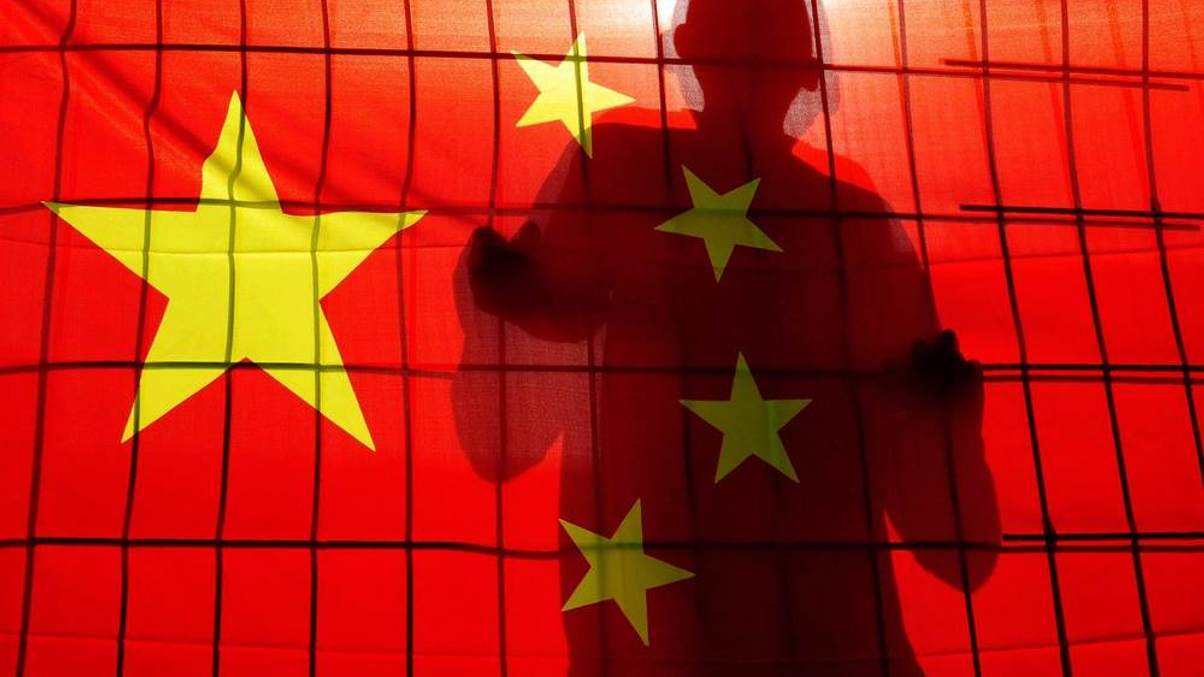China’s coronavirus response highlights investing risks
The spread of the coronavirus underlines both the extent of Beijing's control in China, but also the vulnerabilities this can cause. Overseas investors need to take stock.

The breakout and then spread of the coronavirus (or Covid-19, as it is officially known) is an example of a black swan event at its finest.
Sign in to read on!
Registered users get 2 free articles in 30 days.
Subscribers have full unlimited access to AsianInvestor
Not signed up? New users get 2 free articles per month, plus a 7-day unlimited free trial.
¬ Haymarket Media Limited. All rights reserved.


